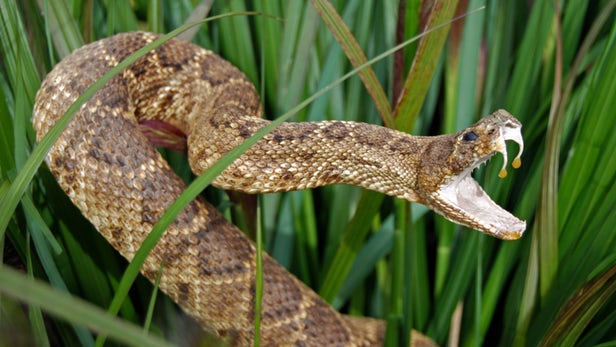
Breaking News
 China's Nightmarish New Bio Weapon Targets Race and Ethnicity
China's Nightmarish New Bio Weapon Targets Race and Ethnicity
 The Epstein Files Just EXPOSED the AI Mind Control Agenda (2026 Warning)
The Epstein Files Just EXPOSED the AI Mind Control Agenda (2026 Warning)
 Maxwell offers testimony if granted Trump clemency
Maxwell offers testimony if granted Trump clemency
 How RFK Jr's Guidelines Could Change Farming - Joel Salatin
How RFK Jr's Guidelines Could Change Farming - Joel Salatin
Top Tech News
 SpaceX Authorized to Increase High Speed Internet Download Speeds 5X Through 2026
SpaceX Authorized to Increase High Speed Internet Download Speeds 5X Through 2026
 Space AI is the Key to the Technological Singularity
Space AI is the Key to the Technological Singularity
 Velocitor X-1 eVTOL could be beating the traffic in just a year
Velocitor X-1 eVTOL could be beating the traffic in just a year
 Starlink smasher? China claims world's best high-powered microwave weapon
Starlink smasher? China claims world's best high-powered microwave weapon
 Wood scraps turn 'useless' desert sand into concrete
Wood scraps turn 'useless' desert sand into concrete
 Let's Do a Detailed Review of Zorin -- Is This Good for Ex-Windows Users?
Let's Do a Detailed Review of Zorin -- Is This Good for Ex-Windows Users?
 The World's First Sodium-Ion Battery EV Is A Winter Range Monster
The World's First Sodium-Ion Battery EV Is A Winter Range Monster
 China's CATL 5C Battery Breakthrough will Make Most Combustion Engine Vehicles OBSOLETE
China's CATL 5C Battery Breakthrough will Make Most Combustion Engine Vehicles OBSOLETE
 Study Shows Vaporizing E-Waste Makes it Easy to Recover Precious Metals at 13-Times Lower Costs
Study Shows Vaporizing E-Waste Makes it Easy to Recover Precious Metals at 13-Times Lower Costs
Rattlesnake venom extract helps strike back against superbugs

Potential candidates have so far shown up in berries, honey, maple syrup, human breast milk, fungi, frog skin, and even platypus milk, and now a team from Australia and Spain has discovered a promising peptide in the venom of the South American Rattlesnake.
Antibiotic-resistant bacteria, or "superbugs," are one of the most pressing problems facing humanity today. Overprescription and overuse of drugs during the last few decades has led to bacteria that have evolved resistance to them. A recent report warned that if nothing is done, by 2050 we could be "cast back into the dark ages of medicine" where our drugs simply don't work and even the most routine of procedures becomes life-threatening again.
To keep ahead in the arms race, scientists are developing a range of new materials and drugs to fight superbugs. The new study, involving researchers from the University of Queensland in Australia and Pompeu Fabra University in Spain, has tested a new antibiotic candidate found in the venom gland of rattlesnakes.

 Smart dust technology...
Smart dust technology...

